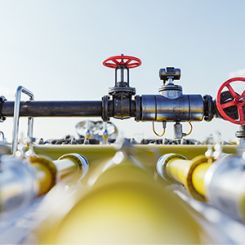In recent years, food processing companies have incurred serious damages, including loss of sales and brand reputation, related to food recalls. Some individuals working for these companies with knowledge of potential contamination have been convicted of criminal liability, which can come with stiff fines or serious jail time. The reason is simple: food safety is a matter of life or death. The primary driver of the increase in food recalls is not relaxed operational controls by food processing plants. Instead, it is higher safety standards and new legislation, such as the Food Safety Modernization Act (FSMA), designed to improve food safety through prevention. Signed into law on January 4, 2011, the FSMA empowers the Food and Drug Administration (FDA) to monitor the U.S. food supply through prevention, inspection and compliance. More importantly, this law gives the FDA the authority to shut down a food processing facility or invoke mandatory recalls of any product deemed a threat to the food supply.
This rating can help end users choose equipment to prevent food safety issues.
Baldor
07/13/2017

